Sony Group of Japan has abandoned its plans for a $10 billion merger with Zee Entertainment, marking the end of a deal that could have resulted in one of India’s largest TV broadcasters. The breakdown of the merger adds uncertainty to Zee’s future amid intensifying competition, with Disney also looking to merge its Indian businesses with the media assets of Mukesh Ambani’s Reliance.
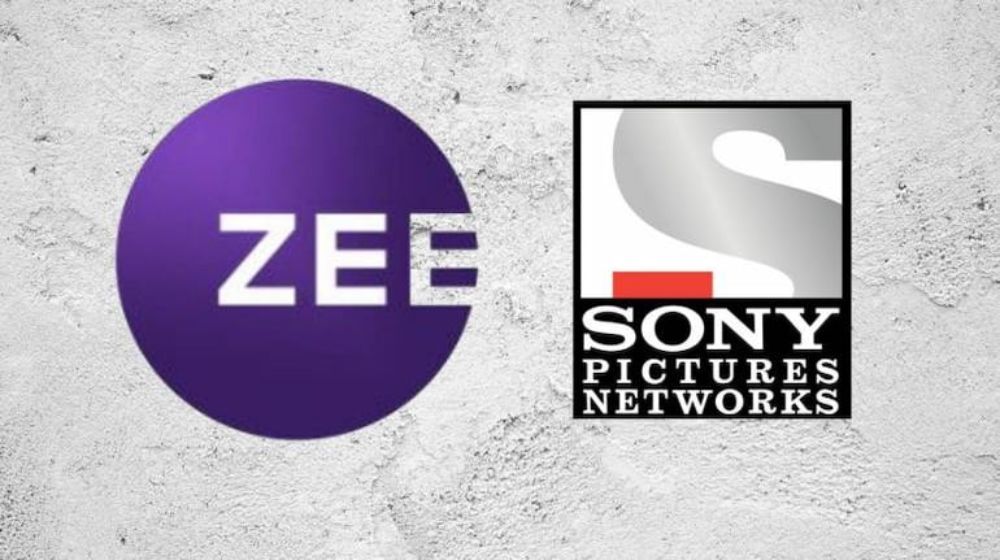
Zee Entertainment informed Indian stock exchanges that Sony was seeking $90 million in termination fees, citing alleged breaches of the merger agreement and invoking arbitration for emergency interim relief. Zee, in response, denied all claims made by Sony and pledged to take appropriate legal action.
Sony stated that certain “closing conditions” for the merger were not met, despite efforts to resolve issues through good-faith discussions. The inability to reach an agreement on extending the deadline by January 21 further contributed to the deal’s collapse.
Although specific unfulfilled conditions were not disclosed by Sony or Zee, the merger faced a deadlock over the leadership of the combined company. Zee had proposed CEO Punit Goenka as the leader, but Sony objected due to an ongoing investigation by India’s market regulator. In response, Zee announced on Monday that Goenka had been willing to step down in the interest of the merger.

Embarking on a journey down memory lane
The merger saga between Zee Entertainment Enterprises (ZEE) and Sony Pictures Networks India (SPNI) unfolded various chapters. The initial nod from ZEE’s board came in September 2021, leading to the signing of the merger deal in December after a thorough 90-day due diligence period.
Approvals from Indian stock exchanges BSE and NSE followed in July 2022, but a twist came when NCLAT set aside NCLT’s order, directing stock exchanges to reevaluate their approval. In June 2023, SEBI banned Subhash Chandra and Punit Goenka from managerial roles, creating a hurdle for the merger.
On August 10, 2023, the Mumbai bench of NCLT finally granted approval for the ZEE-Sony merger. However, the Securities Appellate Tribunal (SAT) intervened in October 2023, setting aside SEBI’s interim order that barred Punit Goenka from directorial positions in listed companies.
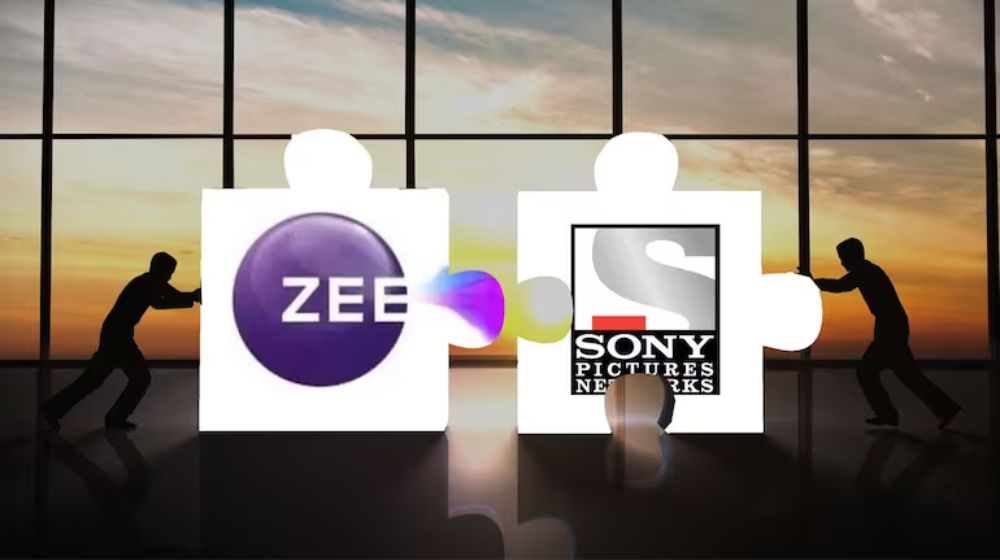
Further complications arose in December 2023 when CLAT issued notices to ZEEL based on petitions from IDBI Bank and AXIS Finance against an NCLT order. The merger deadline extension sought by Zee and Sony’s anticipation of ZEE’s plans were the highlights in the preceding month.
As the calendar turned to January 2024, Sony formally notified ZEE of its decision to call off the merger, concluding a complex and tumultuous journey that started in September 2021.
Currently Running
In a significant turn of events, the ZEE-Sony merger deal, anticipated to create the second-largest entity in the Indian media landscape, has been officially terminated after two years. The envisioned merger aimed to consolidate 75 channels, establishing a robust presence in entertainment, sports, regional markets, and two OTT platforms. However, with the merger off the table, both ZEE and Sony now face uncertainties and speculation about their future strategies.
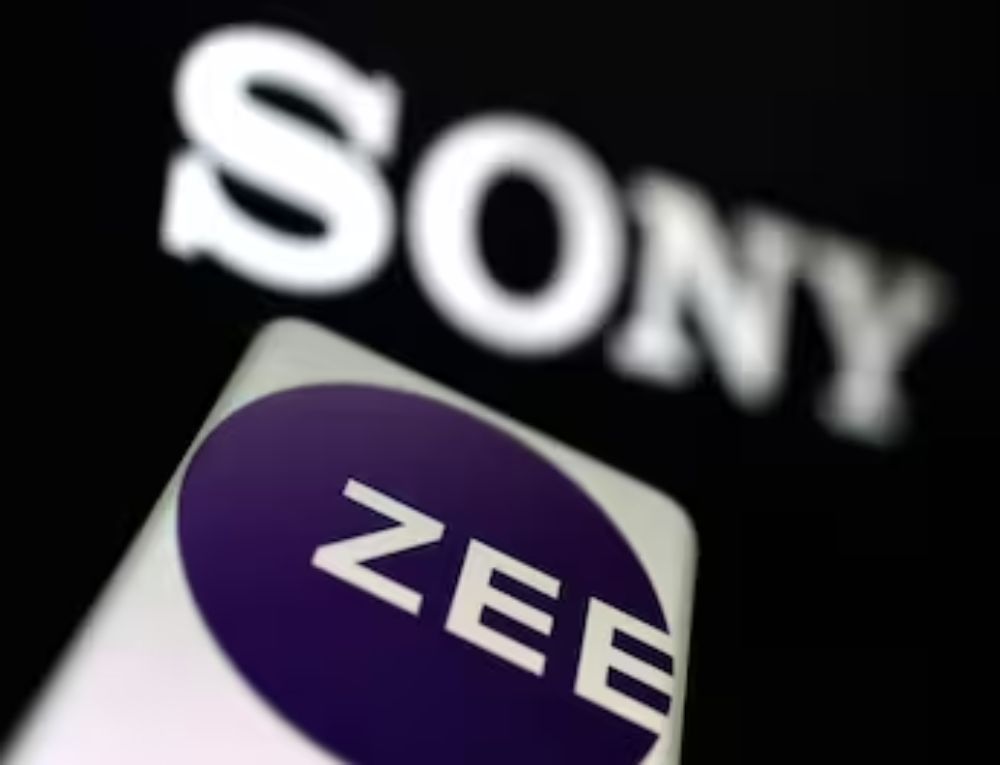
Following the announcement of the termination, ZEE Entertainment Enterprises (ZEE) witnessed a sharp decline of nearly 30% in its shares. Sony Group cited unmet expectations as the reason for calling off the $10 billion merger deal. Zee’s shares had been under pressure amid concerns raised by analysts about the company’s prospects in the competitive media and entertainment space.
The failed merger, initially seen as a pivotal financial move for ZEE, comes at a challenging time for the company. ZEE has experienced a decline in profit, advertising, and cash reserves. In the first half of the current financial year, Zee’s profit plummeted by 68%, and cash reserves dropped by 40%.
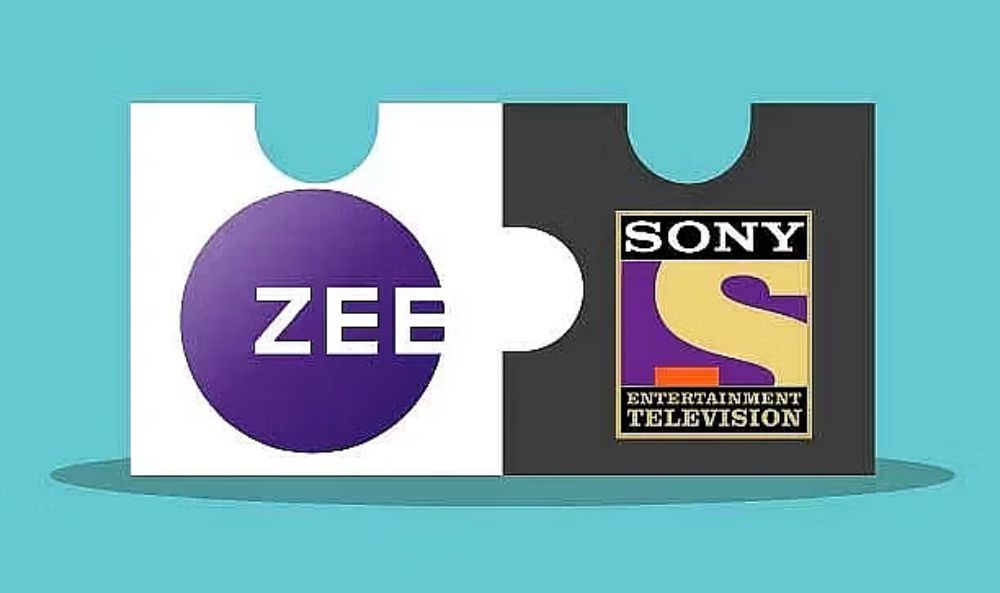
ZEE’s stock has been on a downward trend since the merger announcement in September 2021, marking a 35% decrease. In 2024 alone, it has fallen by 41%, with recent trading sessions adding to the losses due to uncertainty surrounding the deal.
The termination of the deal poses additional challenges for Zee, which now faces a more difficult path forward. According to data from LSEG quoted in a Reuters report, the average rating from 19 analysts covering Zee has shifted from ‘buy’ to ‘hold.’ The overall median target price has also dropped by 16% to INR 253.
In response to the termination, ZEE informed the stock exchanges that Sony sought $90 million in termination fees, alleging breaches of the merger agreement. Zee, however, denied all claims made by Sony and expressed its intent to take appropriate legal action.
What to Expect?
Following the termination of the $10 billion merger deal with Zee, Culver Max Entertainment, owned by Sony Group Corporation, has announced its intention to explore “organic and inorganic possibilities” to enhance its presence in India. CEO NP Singh highlighted the “change in plans” as a strategic shift, positioning the group for the next phase of its India story.
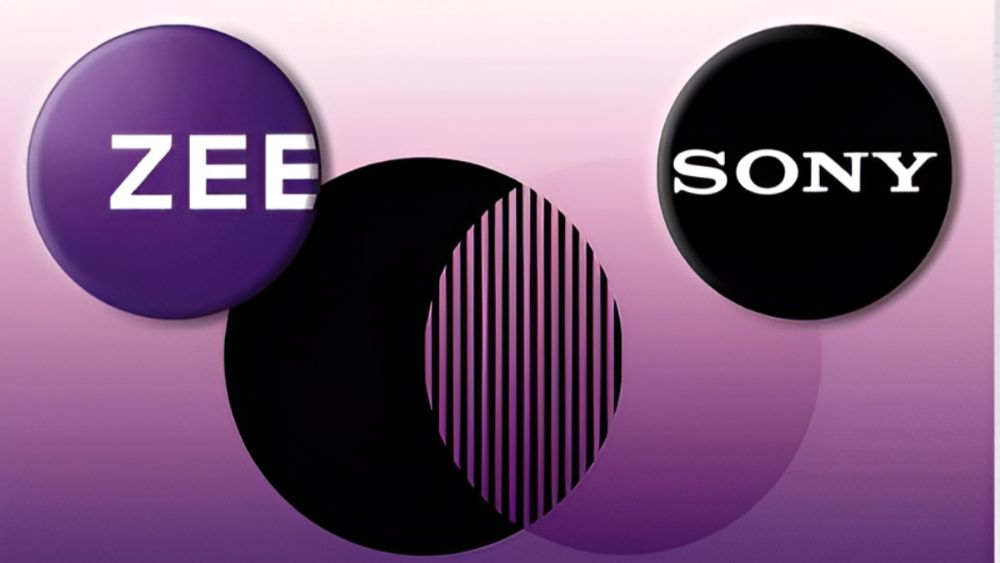
Singh emphasized the group’s commitment to establishing a long-term and robust future for the company. Despite the setback, he urged Sony employees to continue entertaining audiences by collaboratively executing ongoing projects. In the face of the dynamic Media & Entertainment landscape, Singh outlined the group’s strategy to proactively lead change. He expressed confidence in the capabilities of the Sony India team to overcome future challenges and accomplish growth objectives.
The road ahead appears to be challenging once again. In a narrow sense, Zee’s alternatives are limited. However, the group reassured its stakeholders of its dedication, hinting that there is more to unfold in this space sooner rather than later.
